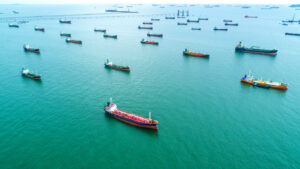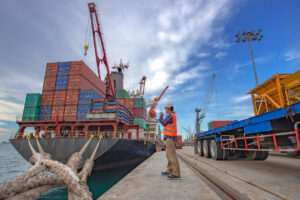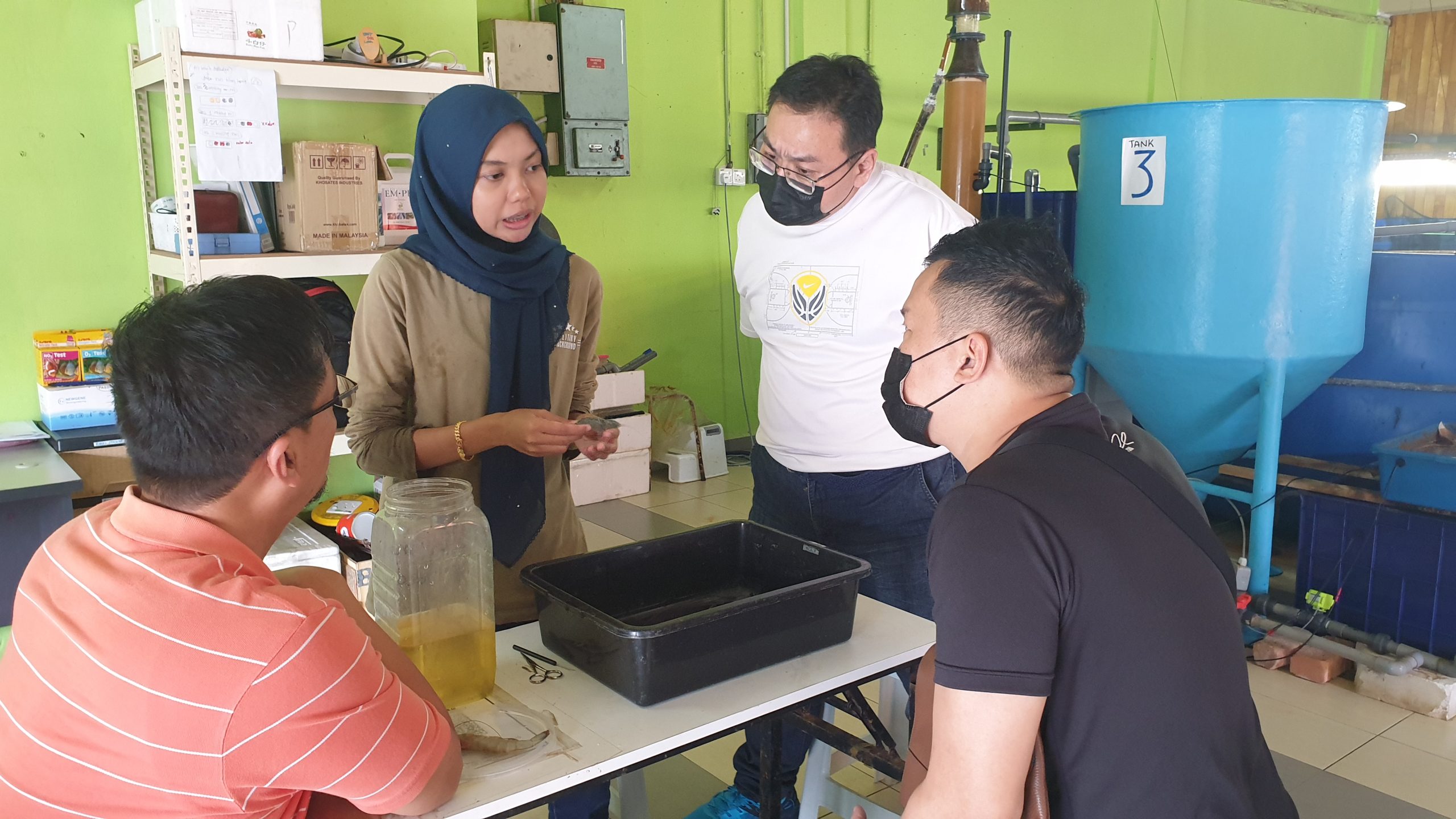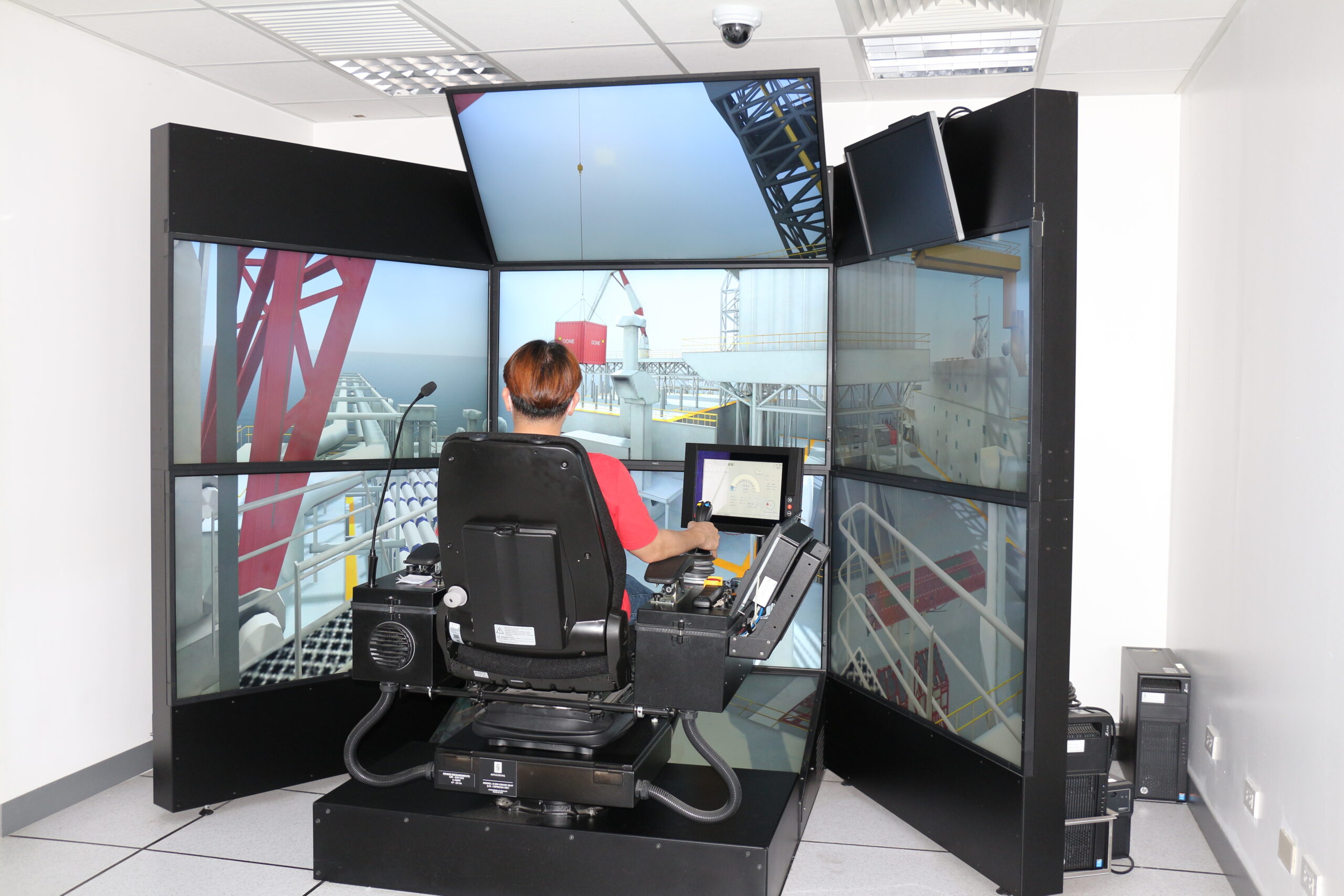Rows of small, traditional fishing boats fill the riverbanks at the Cilincing Fisherman’s Village, North Jakarta. Every day just after sunset, fishermen in hundreds of fishing boats started their engines and go out to sea to earn a living. The noise from the engines is deafening but the villagers are used to it.
Wasjo, one of the fishermen from the village, said: “Someone from the inland region may find it very noisy and not accustomed to hearing engine sound. But this is what we hear since we were children when our parents left on fishing trips. We feel a sense of belonging when we hear the sound of the fishing boats.”

According to Wasjo, who has worked as a fisherman for decades, there are now about 100 families living in the village and all of them depend on fishing for a living. All the families have formed a close relationship, supporting each other, sharing many common challenges and overcoming obstacles as a community.
Being a fisherman all his life, he said he has come to love the sea, waves, strong winds and even the storms. They are just like his close friends who have accompanied him throughout his childhood, and the ups and downs of adult life.
Usually, the fishermen will start their work day and go to sea after sunset. Sometimes, they will go earlier at around 5 pm. The duration of the trip will depend on their catch. If they manage a decent catch, they can be done within one night and be back to shore the next morning.
However, if they do not catch enough fish to cover their cost, which is quite often nowadays, then the fishermen will have to travel further out into the more dangerous open sea in their small boats and the whole trip may take anywhere from two nights to even a week.
Otoy, another local fisherman, said bad weather prevents them from having a good catch as they cannot find any fish. Tropical storms, sometimes lasting a week with high waves and intense winds, stop them from going far and they have to turn back to seek shelter, often without any catch.
If the fishermen do not catch any fish, they and their families will have to go hungry. This is the risk they have to take for depending on nature for their livelihood. Otoy added that sometimes, he has to pawn some of his valuables to tide over bad times. He is also forced to borrow from friends and families, but there is only so much they can help as they are also living in poverty.
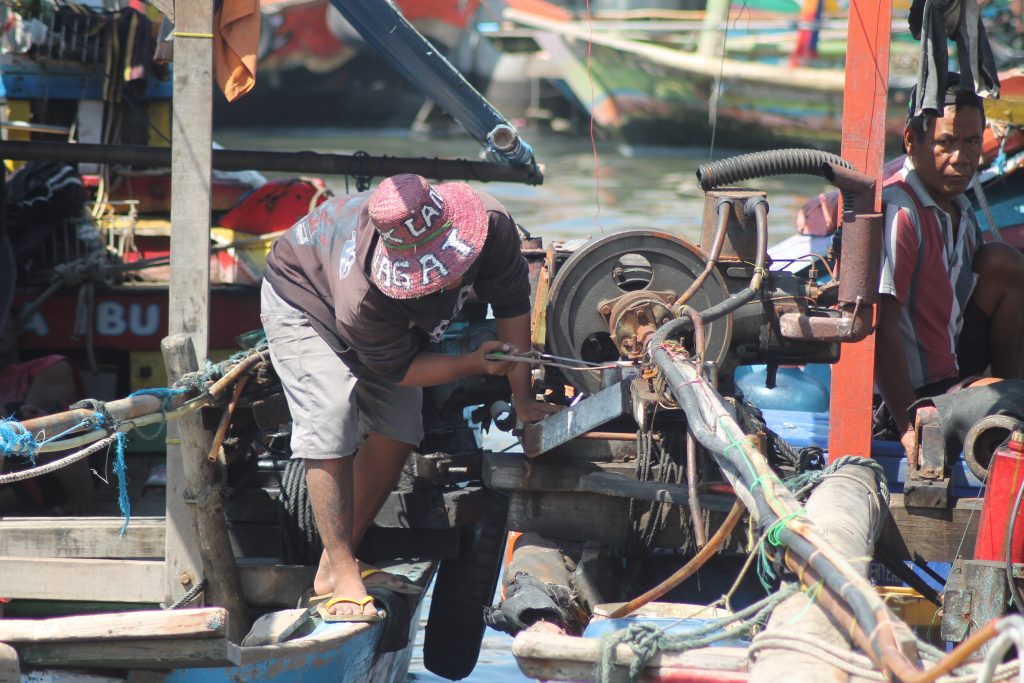
The low season
Otoy said during the west wind season, also known as the famine season, from November to March, fishermen could not fish due to the bad weather. But there are some desperate ones who will still go out to sea to try their luck but they are taking a huge risk and they may even die, Otoy said.
Moreover, the total cost can run up to IDR1,000,000 (US$67) per fishing trip and it is not likely during the west wind season that fishermen can catch enough fish to break even. Sometimes, fishing boat owners chipped in some cash to help the impoverished fishermen.

Polluted waters
Nowadays, the sea is polluted and the fish stock has diminished. Wasjo said there are more floating garbage now including plastics rubbish and industrial waste from the nearby factories. The fishermen had complained to the authority but nothing has been done.
Due to the polluted water, in good days, the fishermen can only bring in two quintals (200 kg) of catch whereas in the past, without so much pollution, they could catch up to one ton, from fish, shrimp, squid, cuttlefish to octopus.
It is difficult to make a decent living as a fisherman now. With a diminishing fish stock and rampant pollution, the fishermen see no future in fishing as a career. All of them at the Cilincing Fisherman’s Village hope their children will not follow their footsteps but instead study hard at school, find a good job and break out of the poverty cycle.

Top photo credit: iStock/ Riza Azhari
All other photos credit: Iqbal Ramdhani


